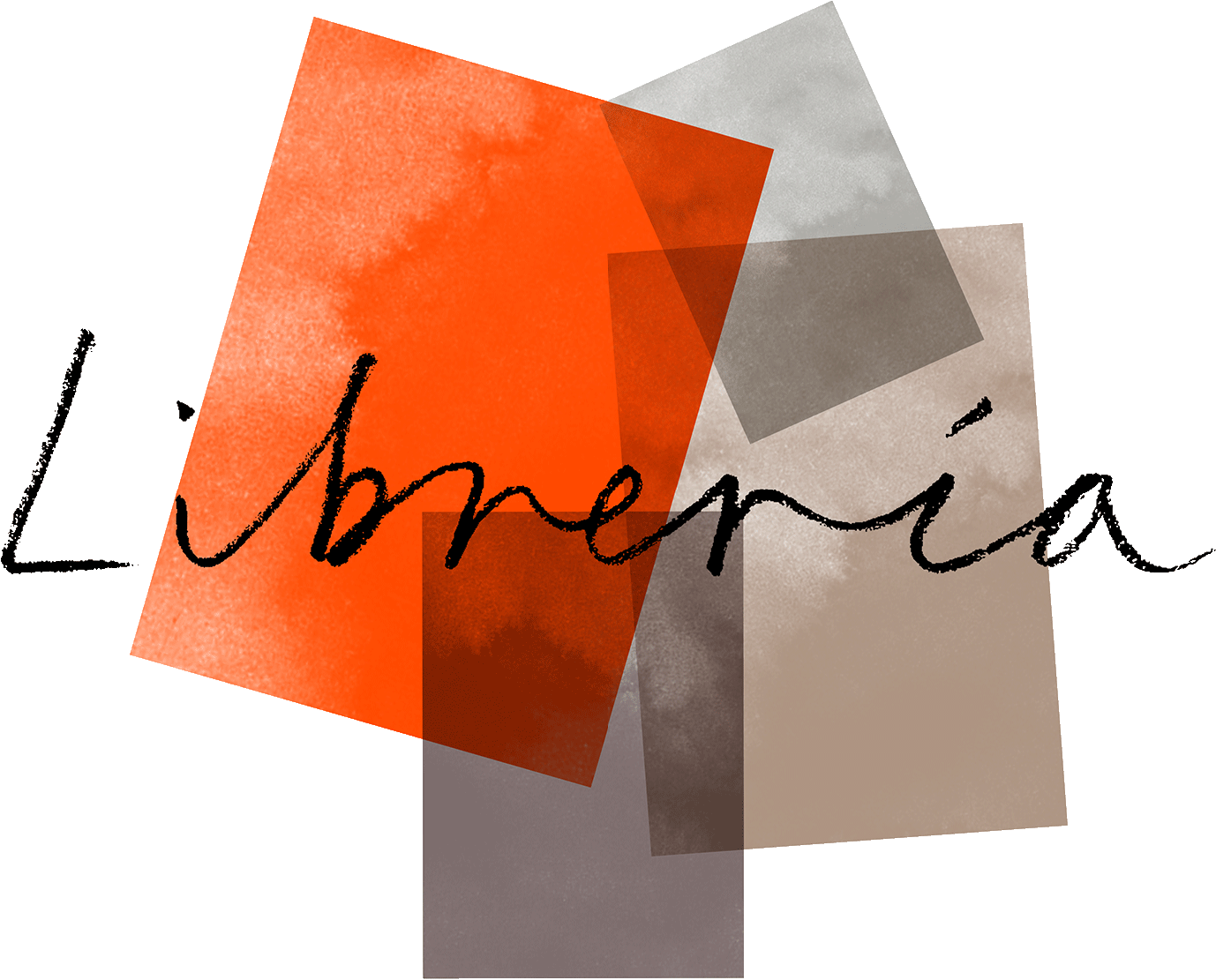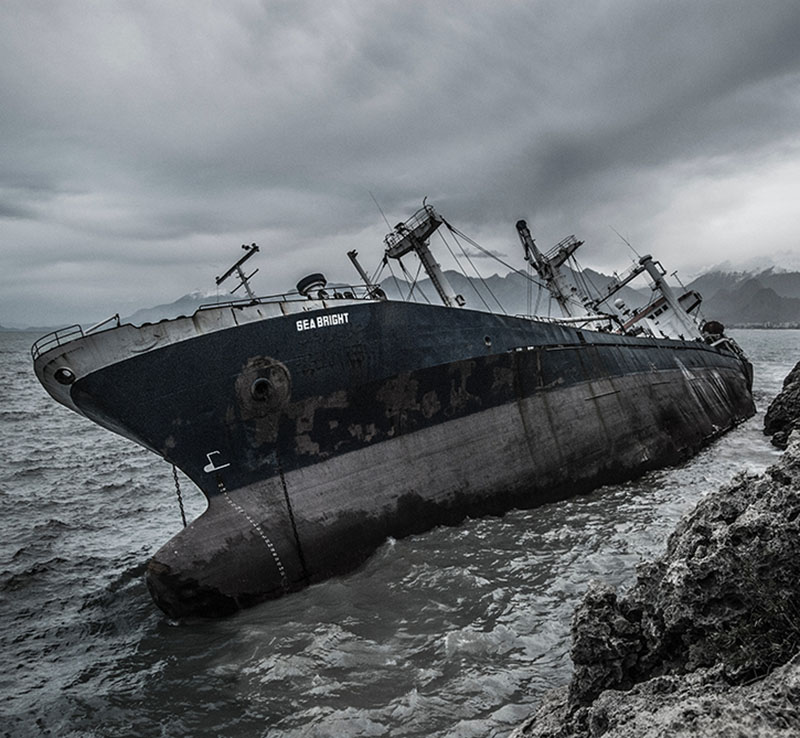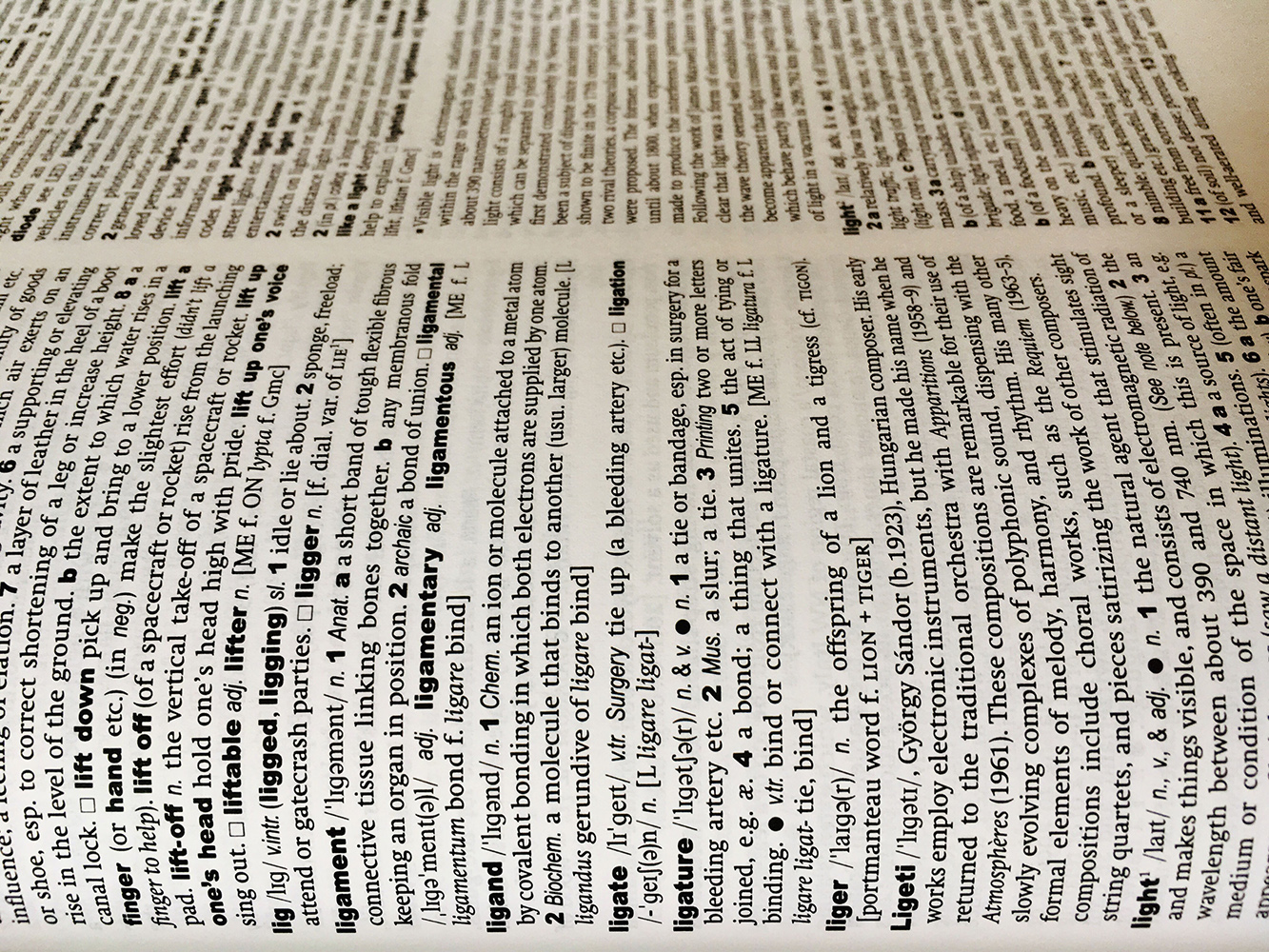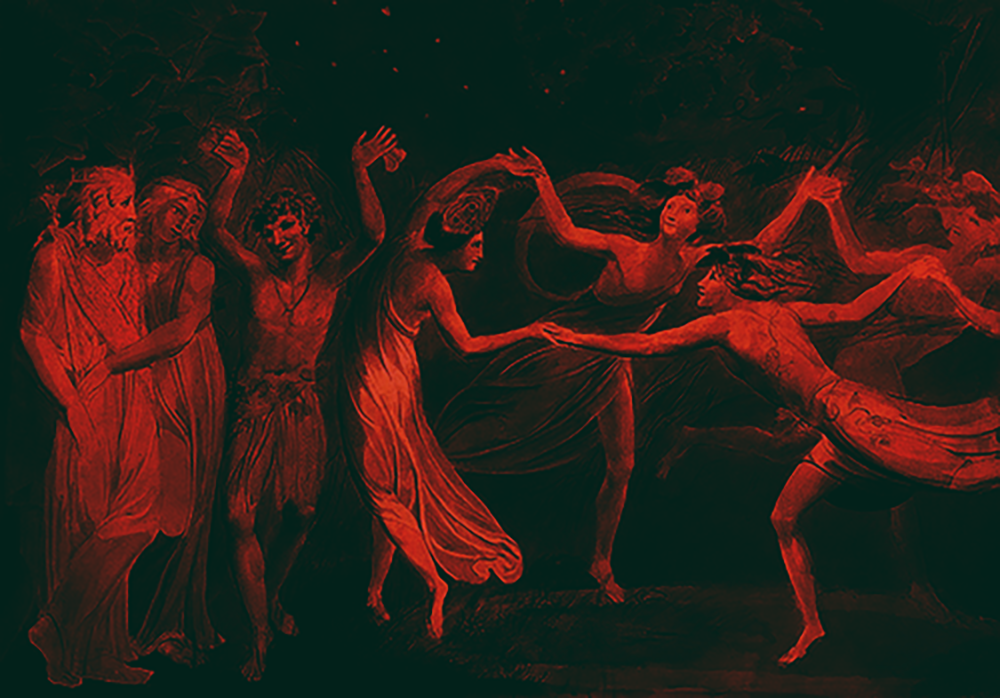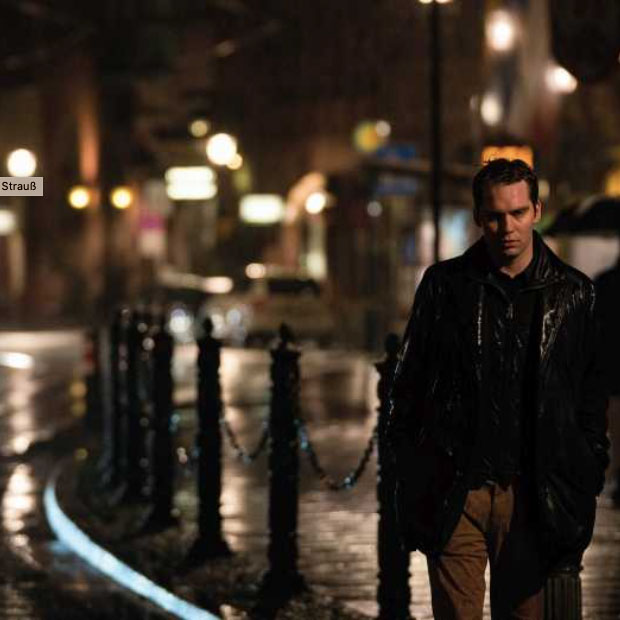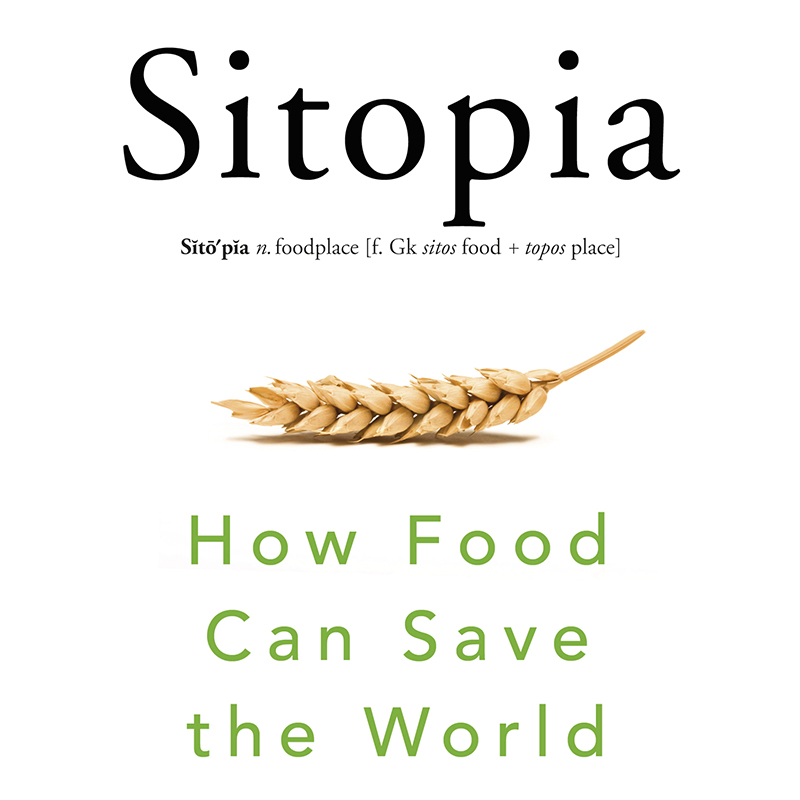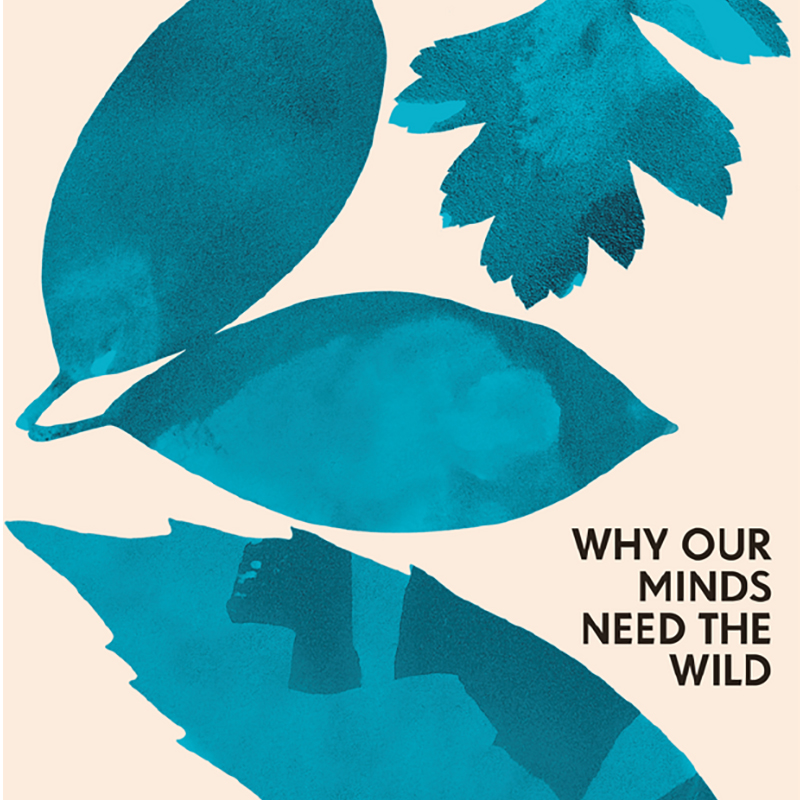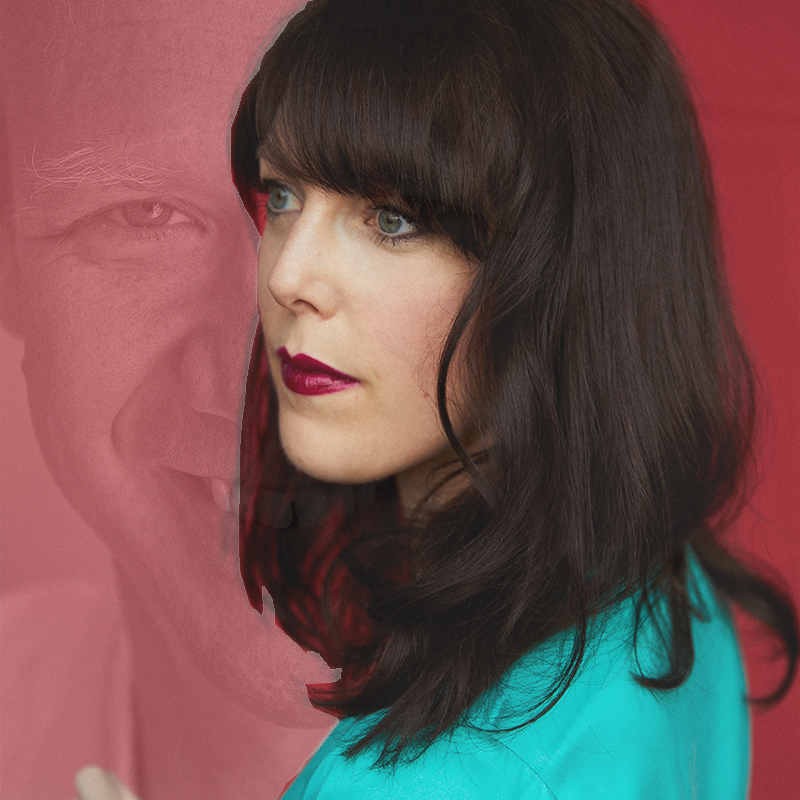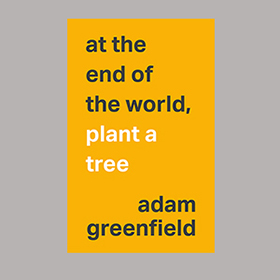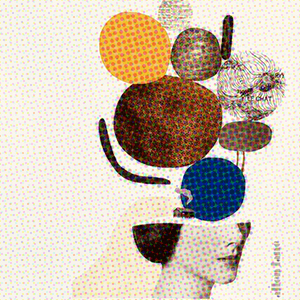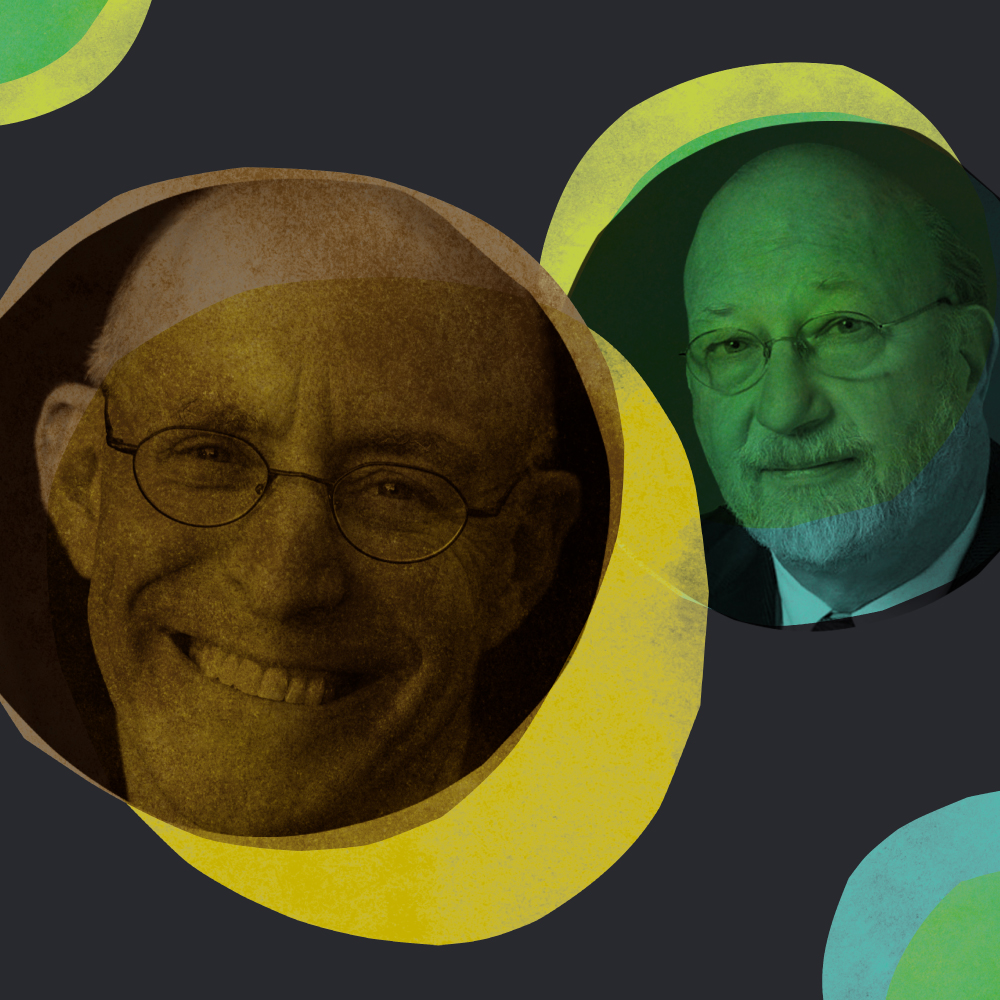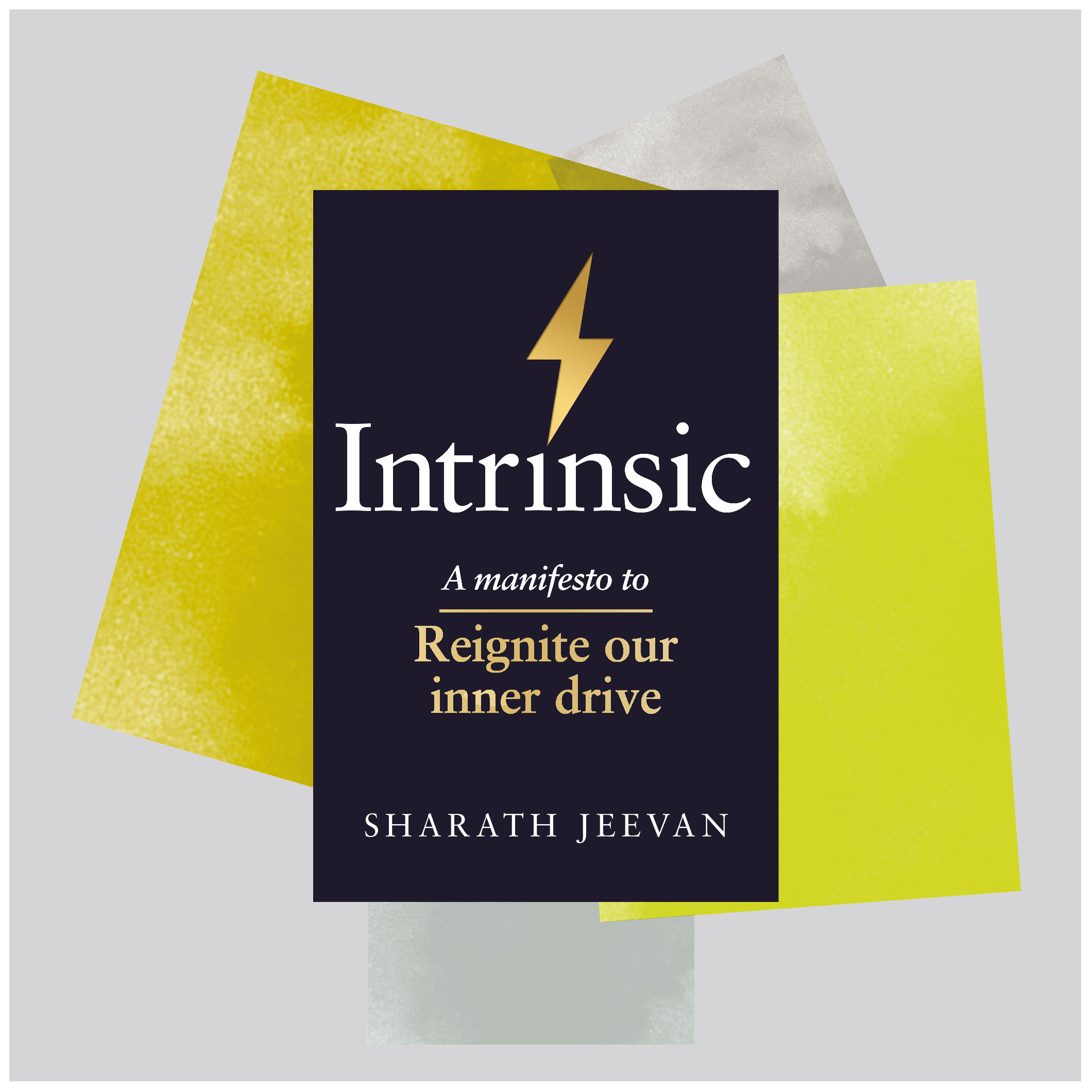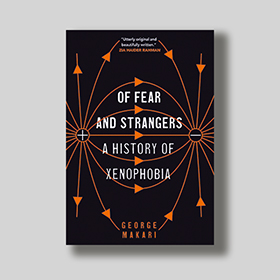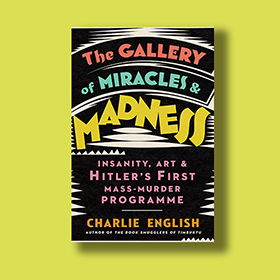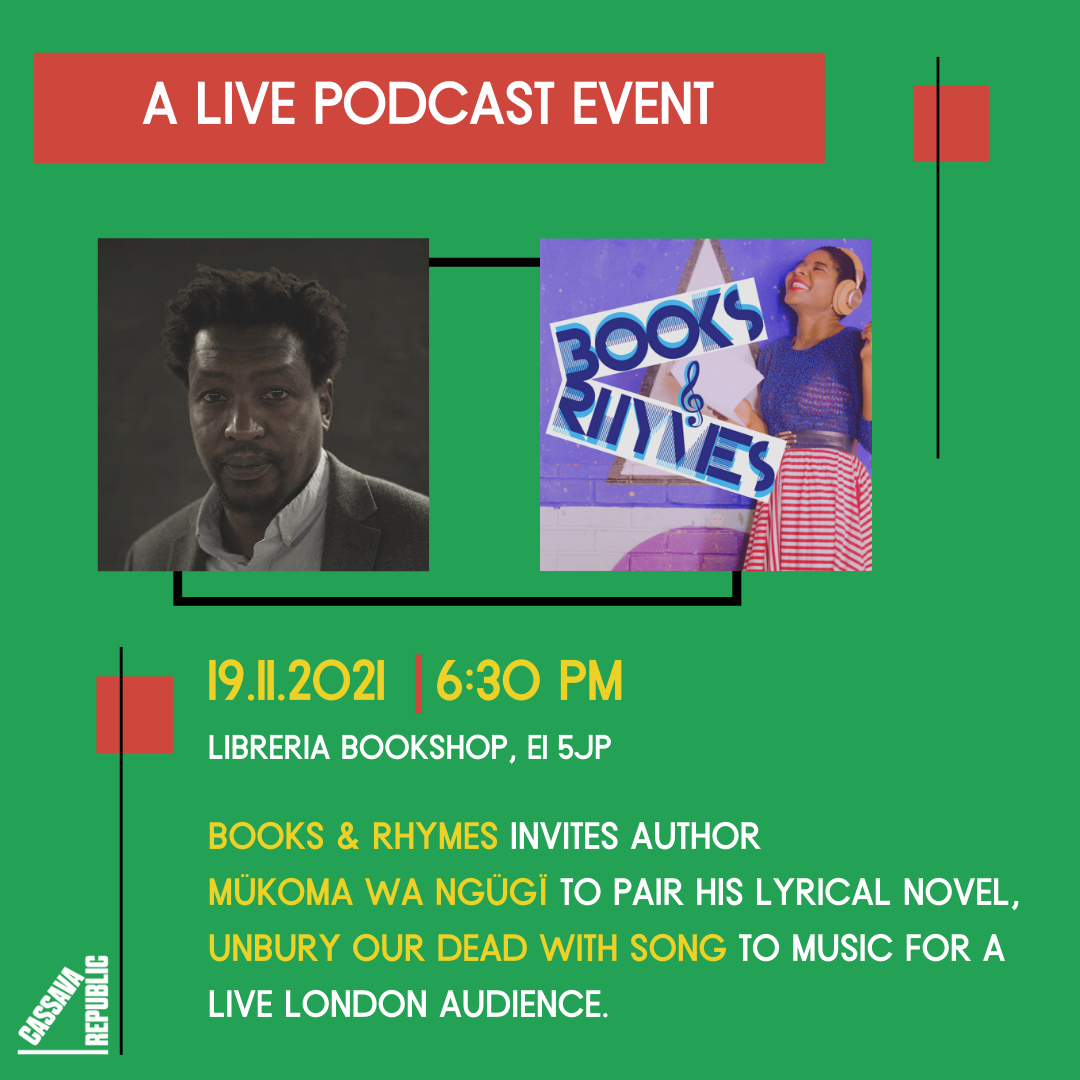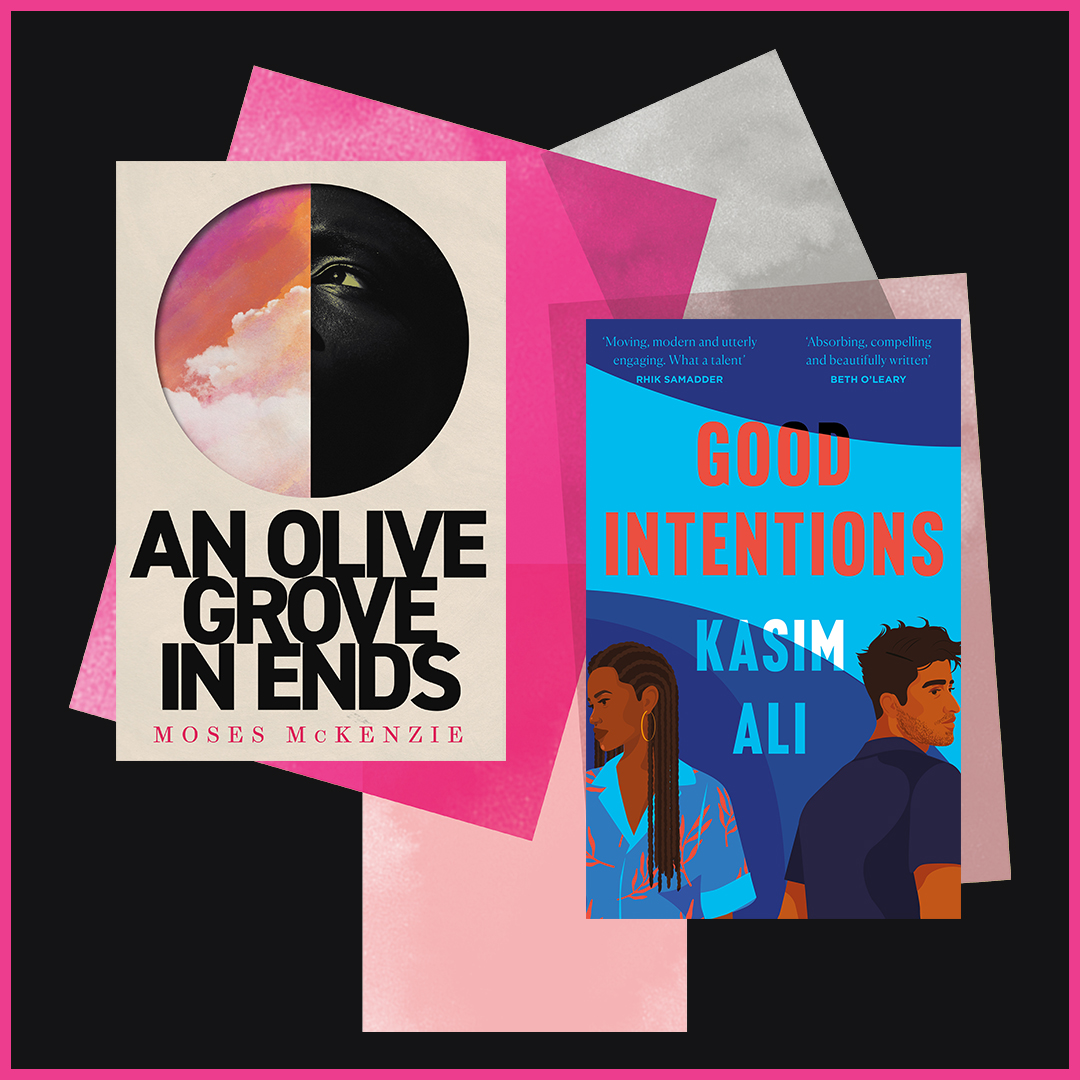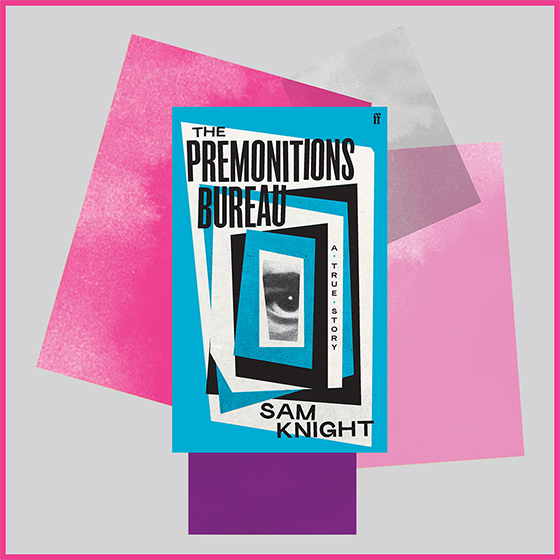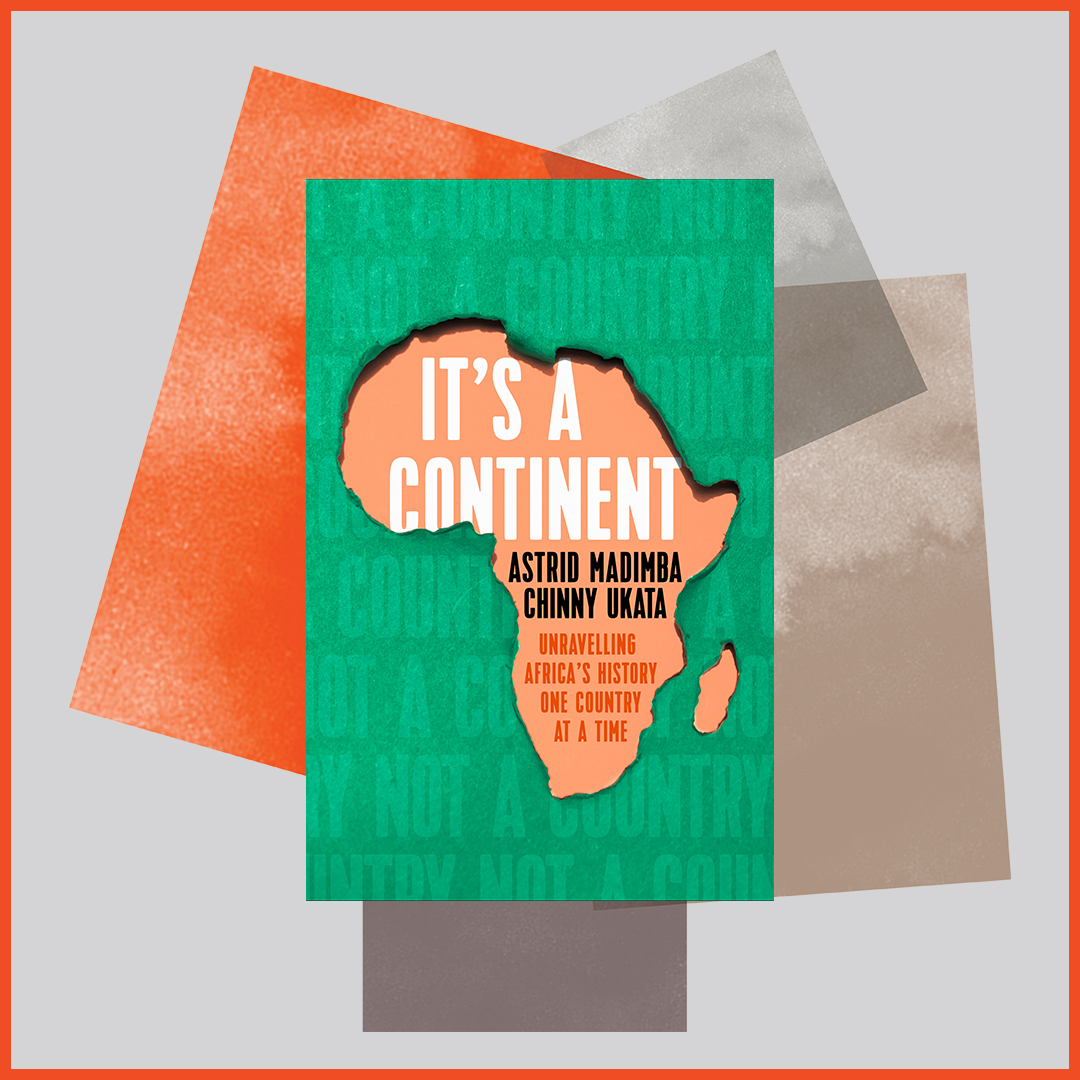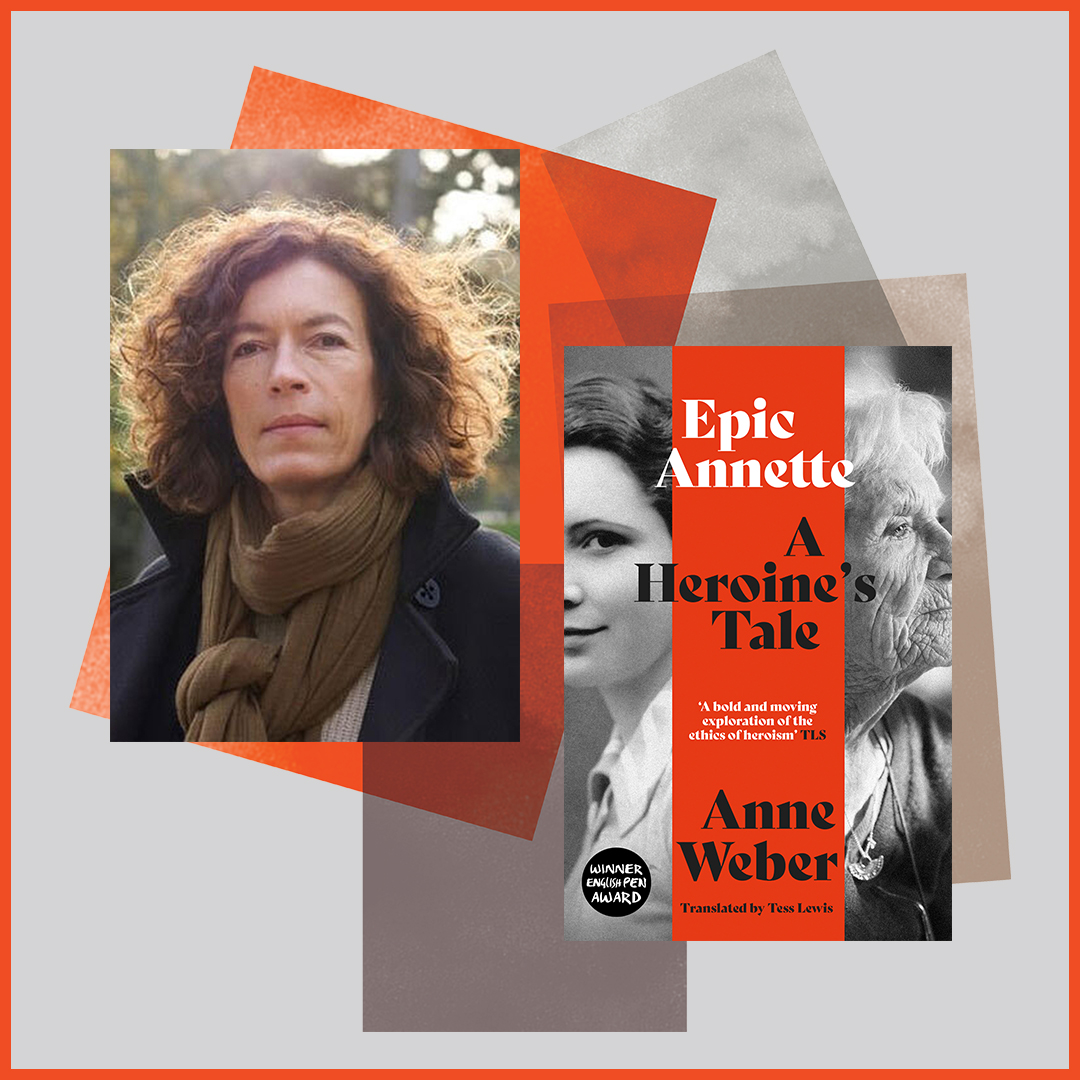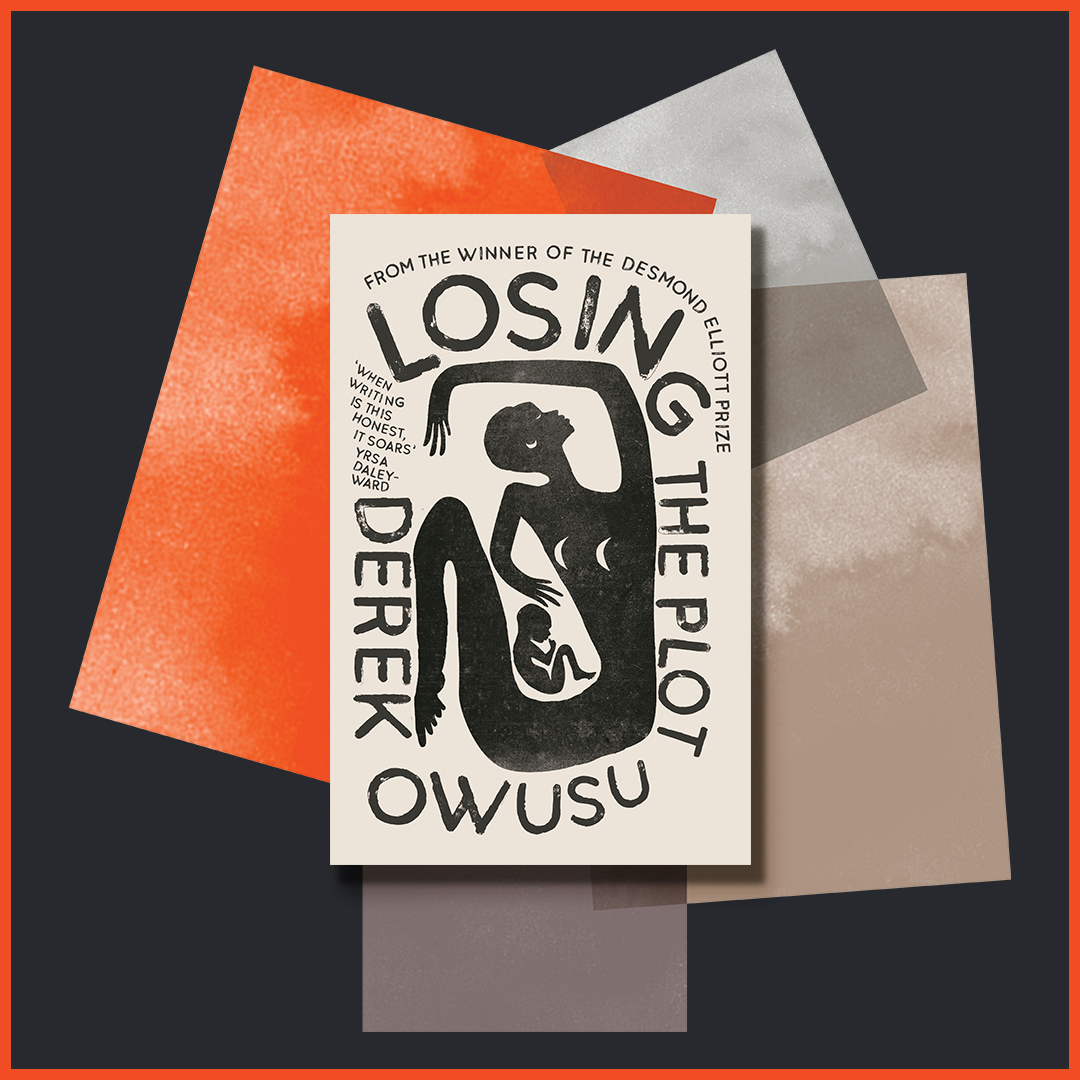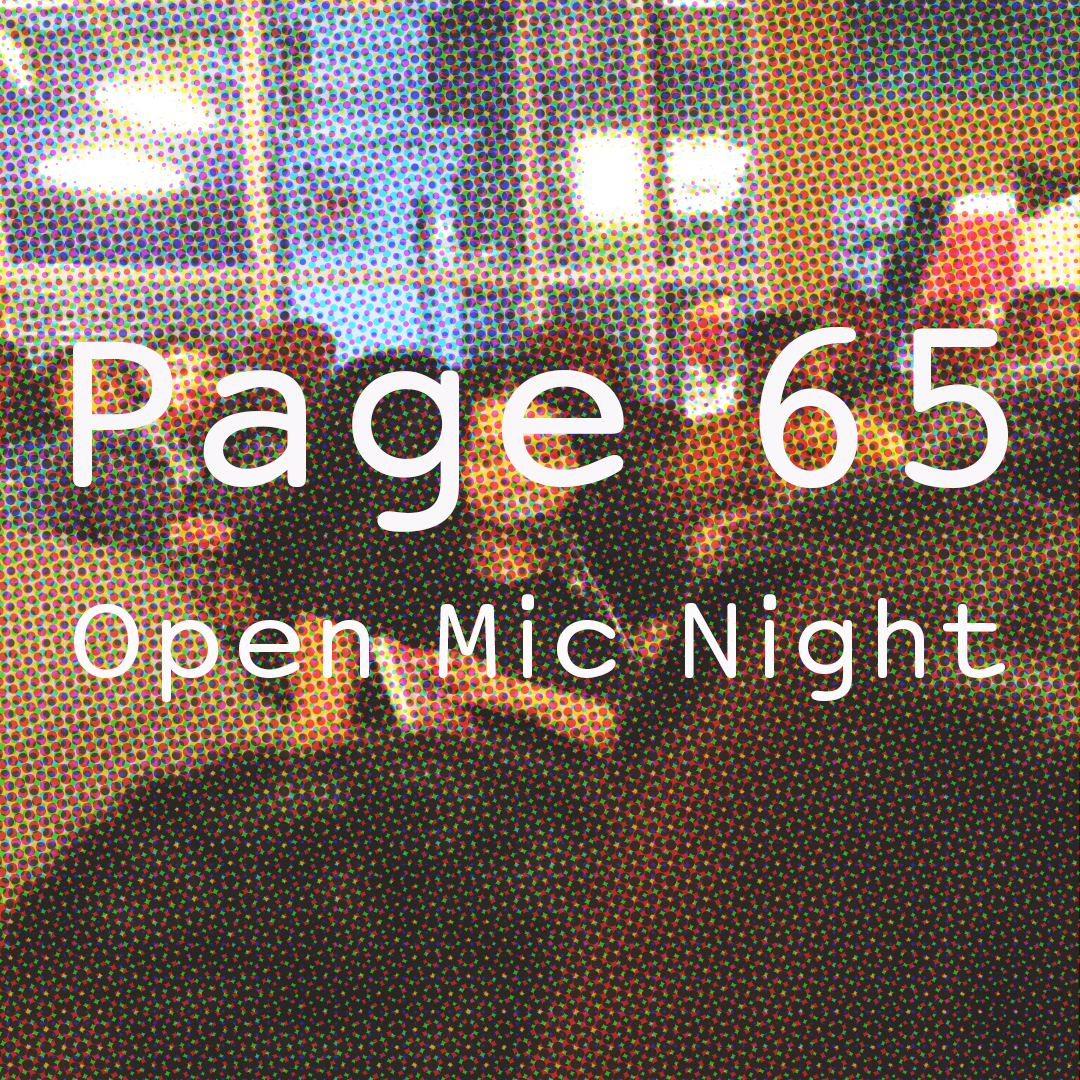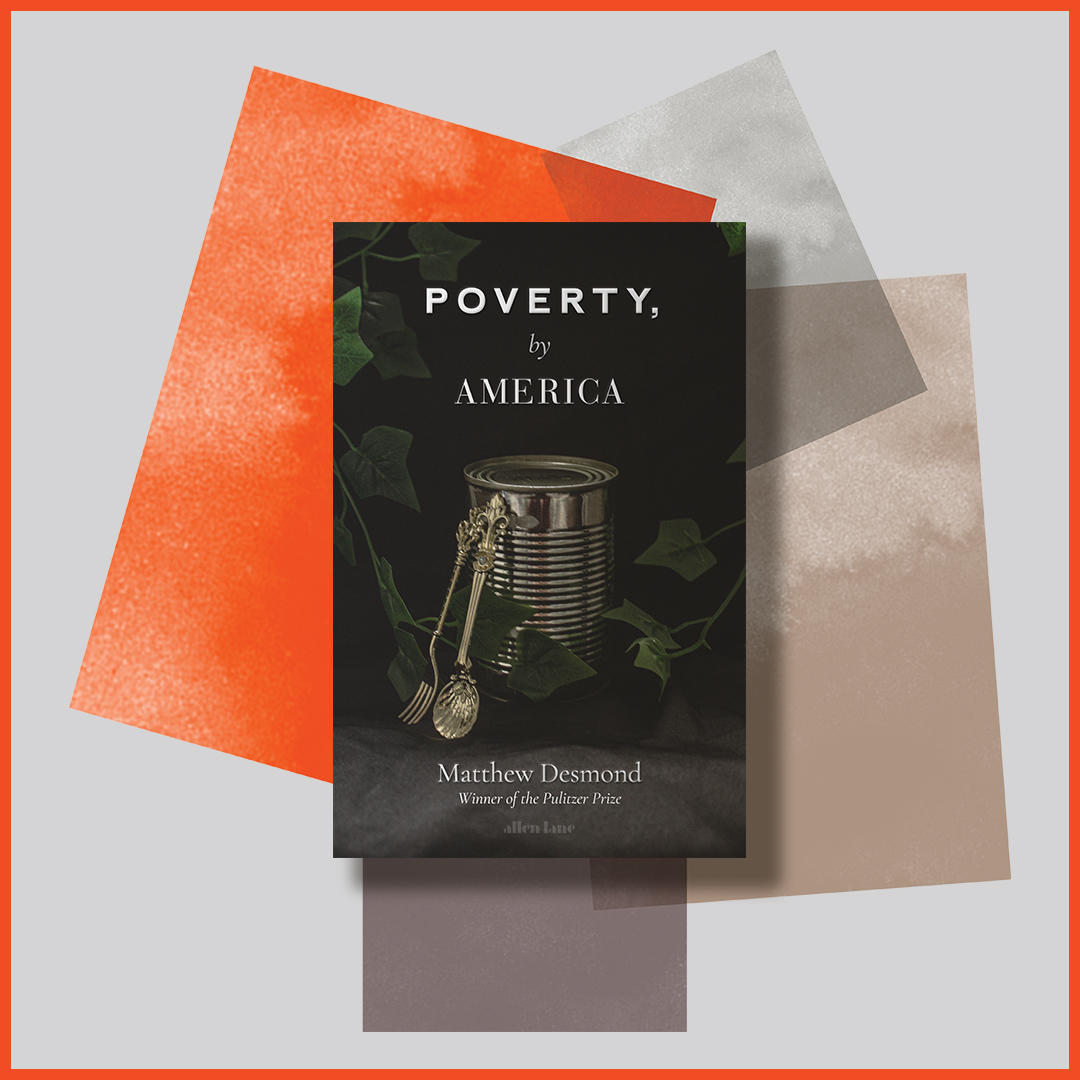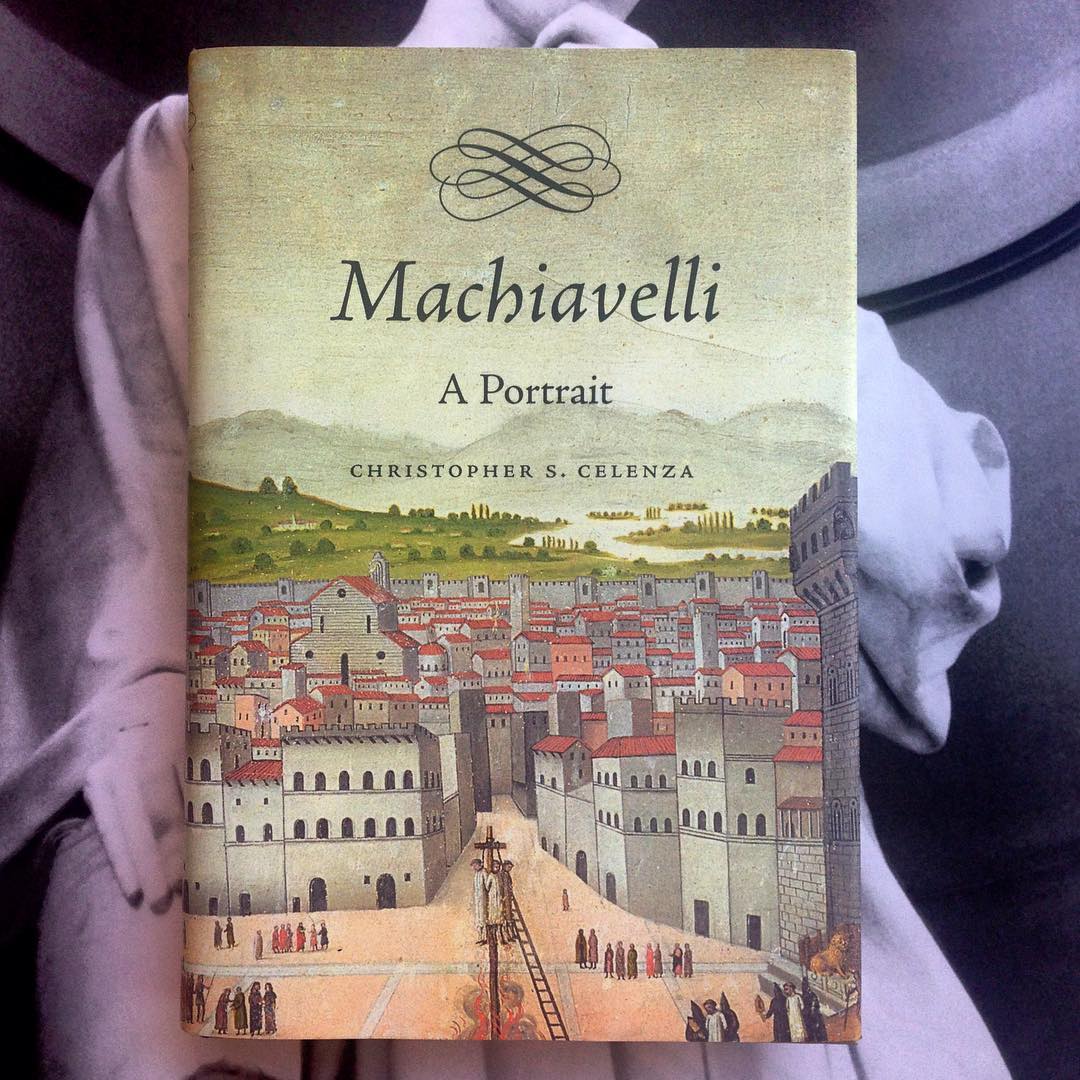
Machiavelli: A Portrait – Christopher S. Celenza With so many new books out on Machiavelli some may be wondering what all the fuss is about. This New York Times opinion piece succinctly illustrates why the great mover and shaker of Renaissance Italy is as relevant now as he’s ever been: “Machiavelli has long been called a teacher of evil. But the author of ‘The Prince’ never urged evil for evil’s sake. The proper aim of a leader is to maintain his state (and, not incidentally, his job). Politics is an arena where following virtue often leads to the ruin of a state, whereas pursuing what appears to be vice results in security and well-being. In short, there are never easy choices, and prudence consists of knowing how to recognize the qualities of the hard decisions you face and choosing the less bad as what is the most good. Those of us who see the world, if not in Manichaean, at least in Hollywoodian terms, will recoil at such claims. Perhaps we are right to do so, but we would be wrong to dismiss them out of hand. If Machiavelli’s teaching concerning friends and allies in politics is deeply disconcerting, it is because it goes to the bone of our religious convictions and moral conventions. This explains why he remains as reviled, but also as revered, today as he was in his own age. Read the full review here: http://nyti.ms/1j0jjFl
-
Machiavelli: A Portrait – Christopher S. Celenza
With so many new books out on Machiavelli some may be wondering what all the fuss is about. This New York Times opinion piece succinctly illustrates why the great mover and shaker of Renaissance Italy is as relevant now as he’s ever been:
“Machiavelli has long been called a teacher of evil. But the author of ‘The Prince’ never urged evil for evil’s sake. The proper aim of a leader is to maintain his state (and, not incidentally, his job). Politics is an arena where following virtue often leads to the ruin of a state, whereas pursuing what appears to be vice results in security and well-being. In short, there are never easy choices, and prudence consists of knowing how to recognize the qualities of the hard decisions you face and choosing the less bad as what is the most good.
Those of us who see the world, if not in Manichaean, at least in Hollywoodian terms, will recoil at such claims. Perhaps we are right to do so, but we would be wrong to dismiss them out of hand. If Machiavelli’s teaching concerning friends and allies in politics is deeply disconcerting, it is because it goes to the bone of our religious convictions and moral conventions. This explains why he remains as reviled, but also as revered, today as he was in his own age.
Read the full review here: http://nyti.ms/1j0jjFl
#libreriarecommends #libtryptich #bigboysoftherenaissance #newyorktimesreviews #everymanforhimself
LibreriaMachiavelli: A Portrait – Christopher S. Celenza
With so many new books out on Machiavelli some may be wondering what all the fuss is about. This New York Times opinion piece succinctly illustrates why the great mover and shaker of Renaissance Italy is as relevant now as he’s ever been:
“Machiavelli has long been called a teacher of evil. But the author of ‘The Prince’ never urged evil for evil’s sake. The proper aim of a leader is to maintain his state (and, not incidentally, his job). Politics is an arena where following virtue often leads to the ruin of a state, whereas pursuing what appears to be vice results in security and well-being. In short, there are never easy choices, and prudence consists of knowing how to recognize the qualities of the hard decisions you face and choosing the less bad as what is the most good.
Those of us who see the world, if not in Manichaean, at least in Hollywoodian terms, will recoil at such claims. Perhaps we are right to do so, but we would be wrong to dismiss them out of hand. If Machiavelli’s teaching concerning friends and allies in politics is deeply disconcerting, it is because it goes to the bone of our religious convictions and moral conventions. This explains why he remains as reviled, but also as revered, today as he was in his own age.
Read the full review here: http://nyti.ms/1j0jjFl
#libreriarecommends #libtryptich #bigboysoftherenaissance #newyorktimesreviews #everymanforhimself



